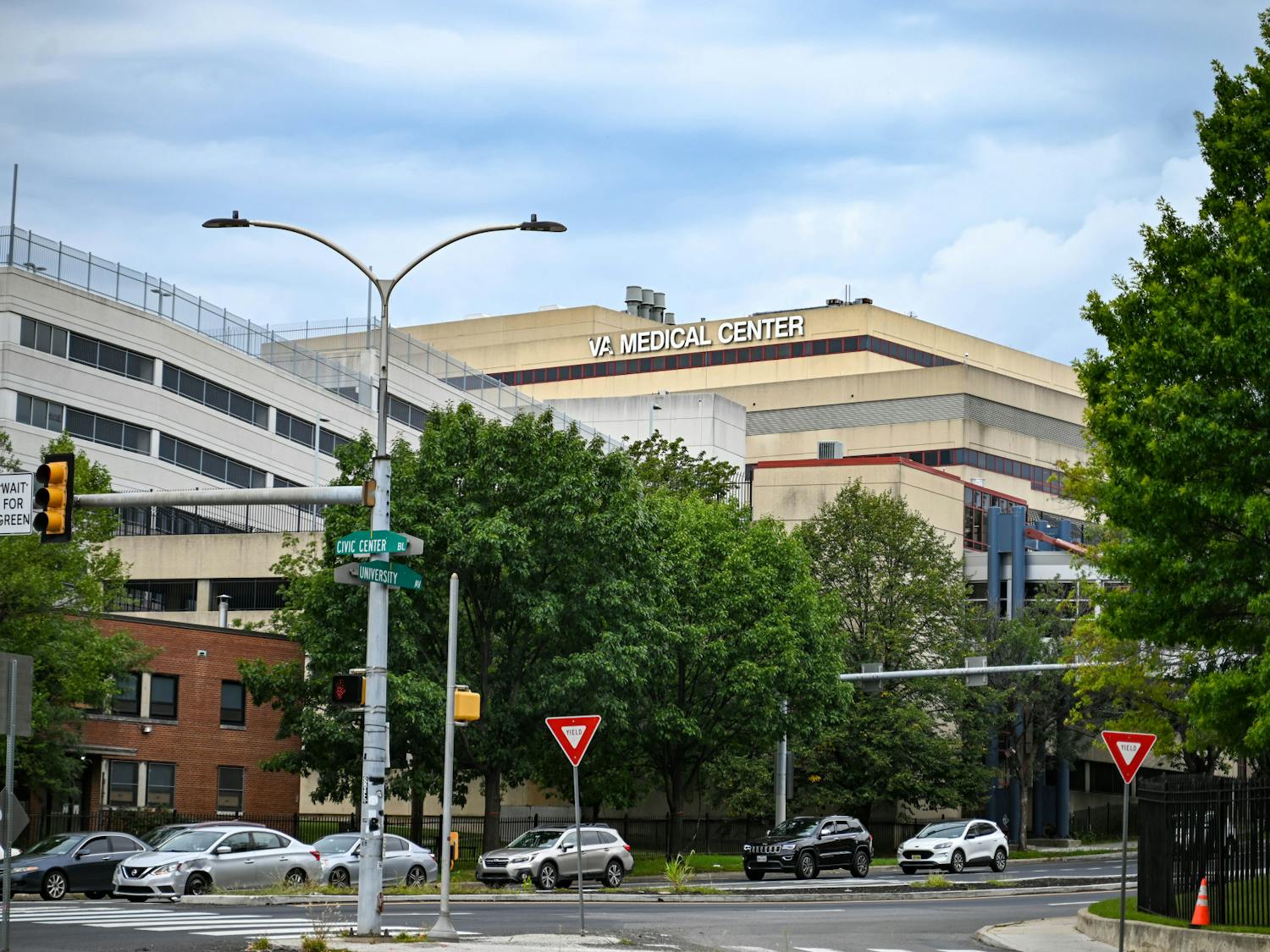After an unprecedented three re-arguments before the Commonwealth Court, a seven-judge panel ruled four to three yesterday in favor of the University and the city in the long-standing Mayor's Scholarship lawsuit. The decision upheld Judge Nelson Diaz's original decision in favor of the University and the city in February 1993. The Public Interest Law Center of Philadelphia has vowed to appeal the decision to the state Supreme Court. If the decision is upheld, it will clear the way for the University to award 125 Mayor's Scholarships total, as opposed to 125 each year as PILCOP argued. University General Counsel Shelley Green said she is very pleased with the court's decision. "I'm delighted with the outcome," Green said. "I believe the University's position, and I am pleased the Commonwealth Court has agreed with it." Outside University counsel Arthur Makadon agreed. "I'm delighted the lower court decision was upheld," he said. The dispute over the Mayor's Scholarship agreement between the city and the University has been in litigation for the last three years. According to an agreement signed in 1977, a set number of scholarships are to be awarded to Philadelphia residents by the University in exchange for rent-free land. PILCOP sued the University in 1991, claiming that the 1977 agreement provided for 125 scholarships per year, for a total of 500 scholarships. The University contends the total should be set at 125. A judge ruled in favor of the University in February 1993, but also stated that the University must provide complete support for scholarship recipients. PILCOP attorney Michael Churchill said yesterday's decision will have a negative effect on Philadelphia students. He said he hoped the decision would have placed the number of scholarships at the same level it had been in 1910, which was then five percent of the University's student body. "It's a tough day for the students of Philadelphia," Churchill said. "At a time when Philadelphia is trying to improve education and stimulate students, the loss will have a big impact." But Churchill said he is pleased with the University's effort to expand its recruiting in Philadelphia and lauded the improvement of the Mayor's Scholarship in general. "We are heartened by the fact that Penn has expanded and has been recruiting more students in Philadelphia," he said. "We hope they consider expanding what they are doing." Judge Dan Pellegrini was one of the four judges who ruled in favor of the University and city. "Even if the objectors had standing?we would affirm the trial court's interpretation that the University and city intended to maintain 125 full-tuition scholarships at any given time," Pellegrini stated in his opinion. Judge Bernard McGinley issued a concurring opinion with the majority in favor of the original decision. Judge Doris Smith issued a dissenting opinion. "The court erred in concluding that objectors had no standing to bring their equity action and in its interpretation of the 1977 ordinances with respect to the number and frequency of Mayor's Scholarships to be awarded to deserving graduates of Philadelphia schools," Smith wrote in her opinion. According to University spokesperson Barbara Beck, a 1992 agreement between the University and the city reaffirmed the University's obligation to Philadelphia students. The agreement also "substantially enhanced" Mayor's Scholarship students' financial aid packages. "The University has aggressively strengthened the implementation of the Mayor's Scholarship Program and intensified the recruitment of students from the local community," Beck said. "It's part of a long-standing commitment to Philadelphia. The University wants more Philadelphians attending Penn." According to Beck, the average Mayor's Scholarship package includes $18,806 in grants from the University. The University accepted 32 Mayor's Scholars this year, 16 percent more than last year. Mayor's Scholars are selected by the Mayor's Scholarship Committee, whose members are appointed by Mayor Ed Rendell. Churchill said Judge James Colins was asked to recuse himself from the case because of his close relationship with Mayor Ed Rendell. Colins, who is the president judge of the court, refused to do so. The Commonwealth Court's decision comes in the wake of third re-argument in Philadelphia in October.
The Daily Pennsylvanian is an independent, student-run newspaper. Please consider making a donation to support the coverage that shapes the University. Your generosity ensures a future of strong journalism at Penn.
Donate







